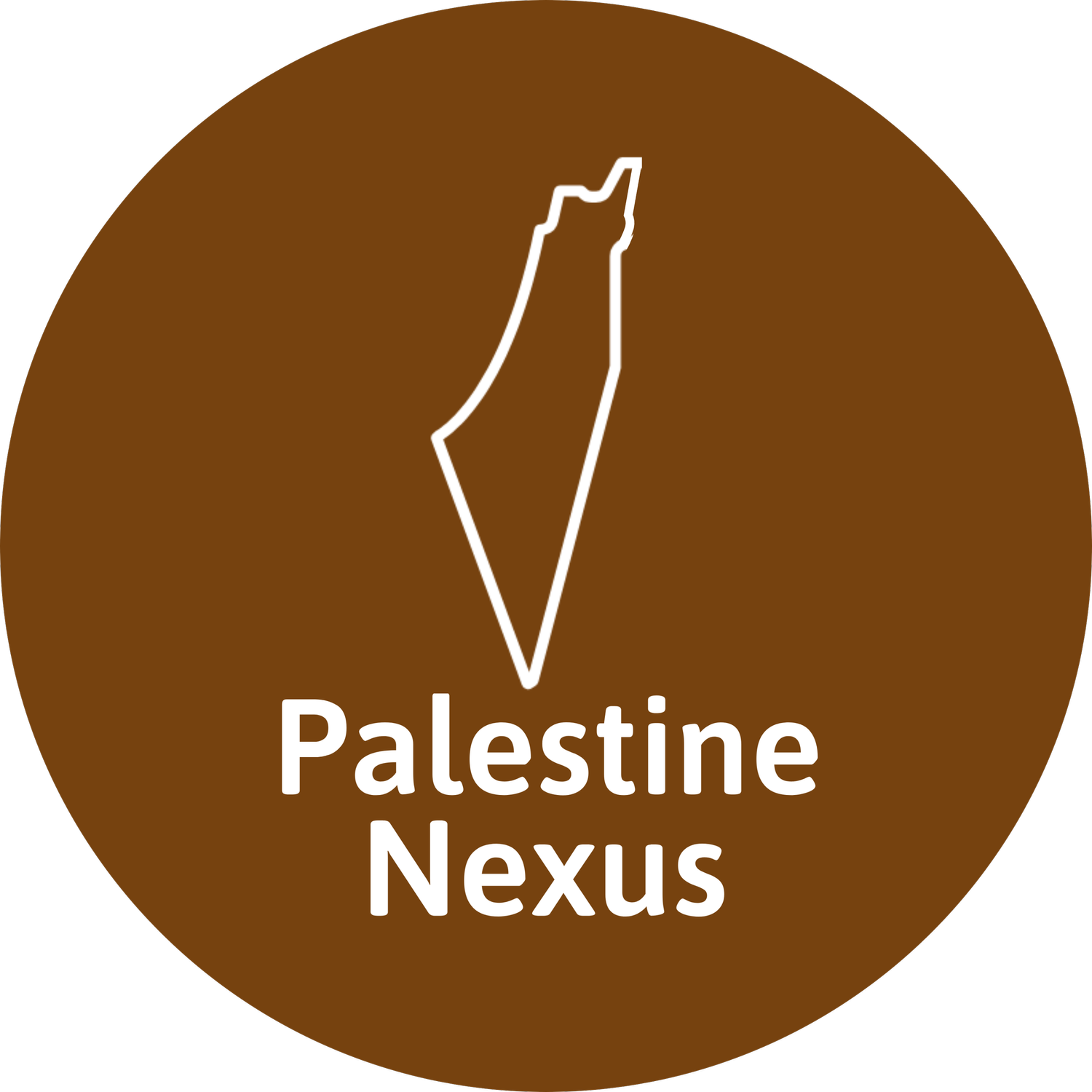From the heart of hell: Repeated displacement and unrelenting suffering in Rafah
Al-Mawasi, west of Rafah, December 14, 2024. Photo shows the destruction caused by shelling from occupation tanks. Photo Credit: Alameddine Sabbah
By May 2024, Rafah had become the last shelter for nearly 1.4 million Palestinians who had fled their homes from across the Gaza Strip during seven months of relentless Israeli bombardment. On the morning of May 10, Israeli warplanes dropped leaflets ordering the complete evacuation of the city in preparation for a ground invasion. It was the final—and most terrifying—night we would spend in Rafah.
My name is Dalal Sabbah. I am a 20-year-old Palestinian woman from Rafah and a third-year student of English translation at Al-Azhar University in Gaza.
The bombing that followed was beyond anything we had ever experienced. We were forced to flee the city center and seek refuge in Al-Mawasi, a narrow coastal area the Israeli military had designated a so-called “safe humanitarian zone.”
We relocated to a small plot of land we owned in Al-Mawasi. On it stood a single room, a modest kitchen, and a basic bathroom. That one room became home to our family of six, as well as my brother’s wife and their two small children—one of whom was born in the midst of the massacres on May 25, 2024. For a short while, the place felt like a sanctuary. Dozens of families from Rafah, similarly desperate and displaced, had gathered in the same area.
But on the night of June 7, 2024, everything changed.
The Israeli military launched an operation to seize control of the Philadelphi Corridor—the buffer zone separating Rafah from Egypt. Tanks stationed along the Corridor began shelling tents and residential areas without warning. Dozens of civilians were injured. We had no choice but to flee once again, this time to al-Zawaida in central Gaza. With transportation costs and tent prices soaring, we couldn’t afford a proper shelter. We found cover under a makeshift tent set up by relatives and stayed there for just five days.
My father, deeply attached to the land he had purchased before the war, couldn’t stand being away from it. He feared for his olive trees—the unyielding symbols of Palestinian steadfastness. Despite the risks, he insisted we return. And so we did, to our land approximately 3.7 kilometers from the Philadelphi Corridor. We had only two days of relative calm before the Israeli military began shelling the area again, this time from newly entrenched positions on Abu Ataya Hill to the east. Their targets were deliberate: tents and farmland, a calculated attempt to cut off local food production.
Conditions deteriorated quickly. After just two weeks, we were forced to flee again—returning to al-Zawaida under the scorching summer sun. The tent we found was infested with insects, and there was no privacy. The shelters were overcrowded and suffocating. Despite the misery, we were still forced to pay high rent for twenty days.
Eventually, our neighbors informed my father that the area around our land had grown quiet again. Worn down by the filth and humiliation of displacement, he decided to return—for the third time. Despite the danger, our land was the only place that felt like home. We accepted the brutal reality. Every morning at exactly six o’clock, Israeli tanks stationed to the east (Abu Ataya Hill) and to the south (Philadelphi Corridor) would open fire.
We learned to live in fear. We spent our days among our olive, pomegranate, and orange trees, picking what little fruit we could to survive the soaring prices. At the sound of gunfire, we would dash inside the room, frantically counting each other’s heads to make sure no one was missing. We were living two wars simultaneously: war from the air and war from the ground.
Then came December 12, 2024—a day I will never forget.
That morning, the tanks opened fire with terrifying intensity. The children screamed. I wrapped my brother’s kids in my arms, trying to calm them despite my own trembling hands. My brother, Alam Eldeen—a journalist—received a call from his friend who worked with the emergency services. His voice shook as he warned:
“Alam, my friend… the tanks are advancing directly toward the greenhouses behind your house.”
Panic set in. What were we supposed to do? Would we be killed? Arrested? Could we even escape?
I rushed to gather warm clothes for the children in the bitter cold. I cried as I moved, wondering if this was the end. Would we survive? Would the army show mercy?
Then, suddenly, we heard our neighbor shout to my father: “Calm down, Abu Mohammed! The tanks have pulled back!”
Abu Mohammed—that’s my father. He stood frozen, his eyes scanning the horizon with the fearful gaze only a father under siege can know. But those words offered no comfort. That day remains carved into my memory as one of the darkest days of my life.
In the end, we had no choice but to leave again. New leaflets had been dropped, ordering the complete evacuation of al-Mawasi. And so, for the third time, I found myself in a cramped tent, swarming with mosquitoes and flies, living through yet another cycle of displacement, anguish, and unending fear.


